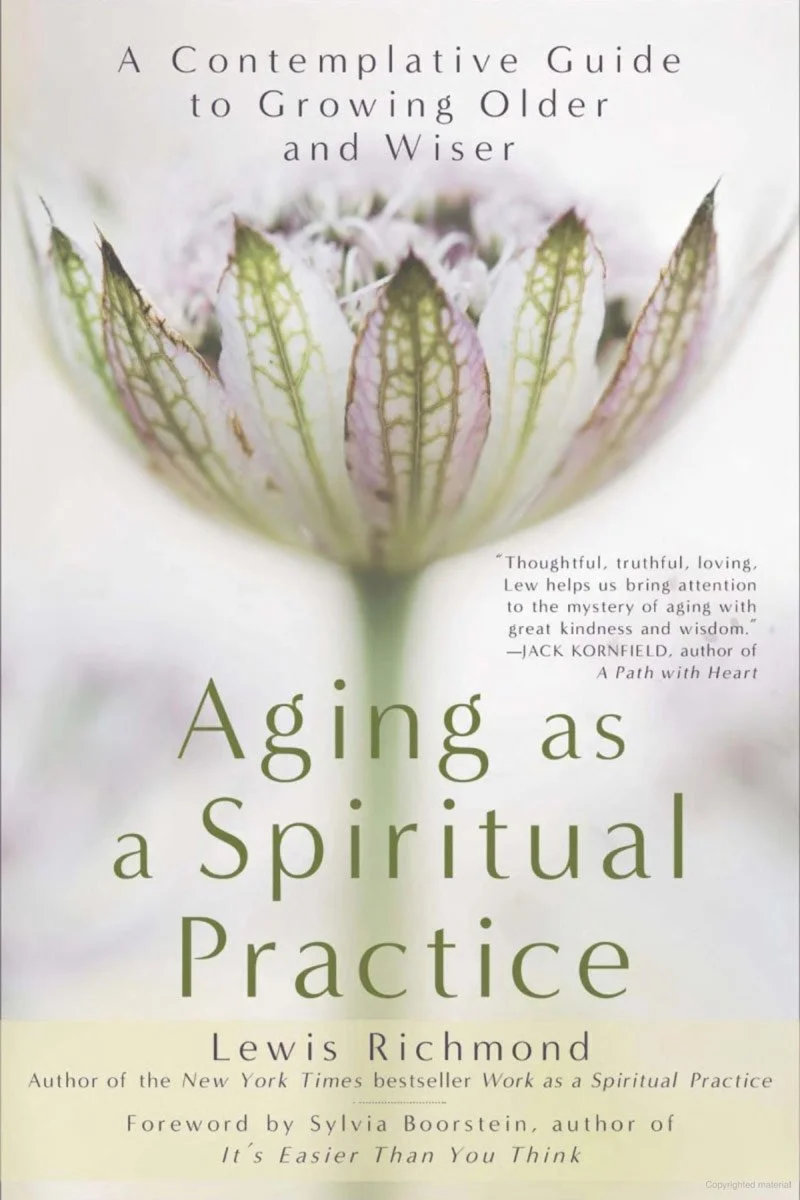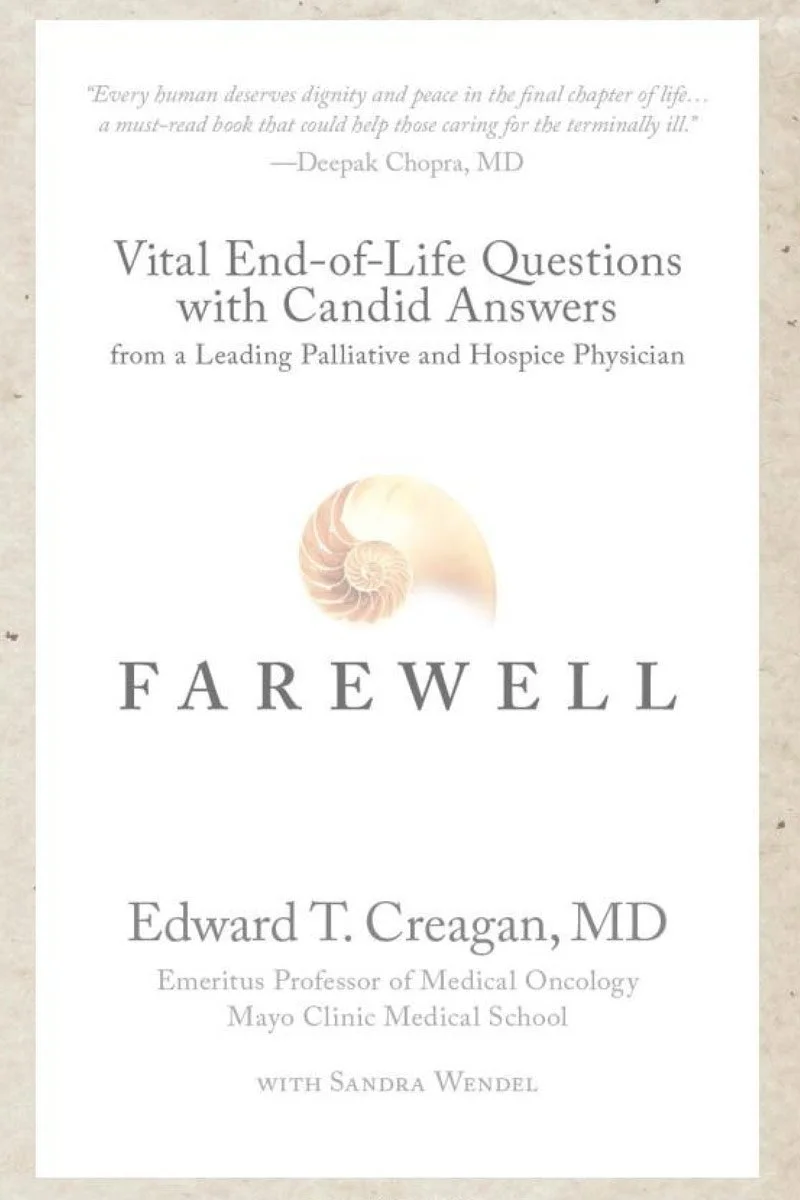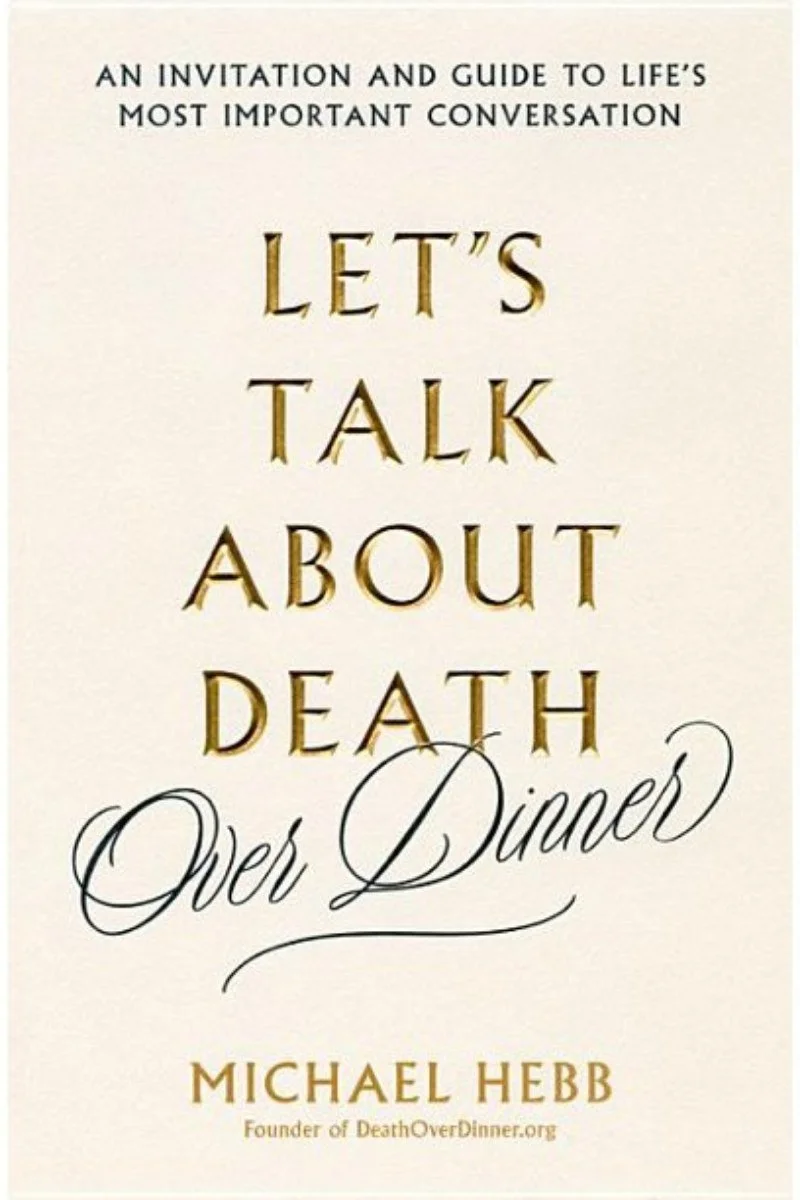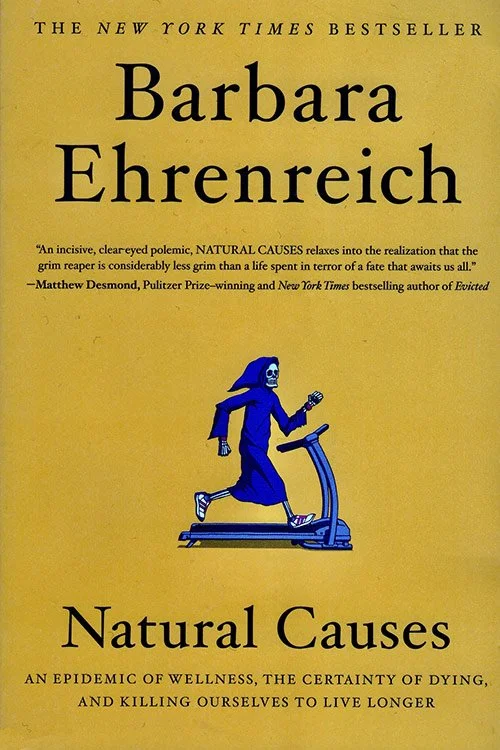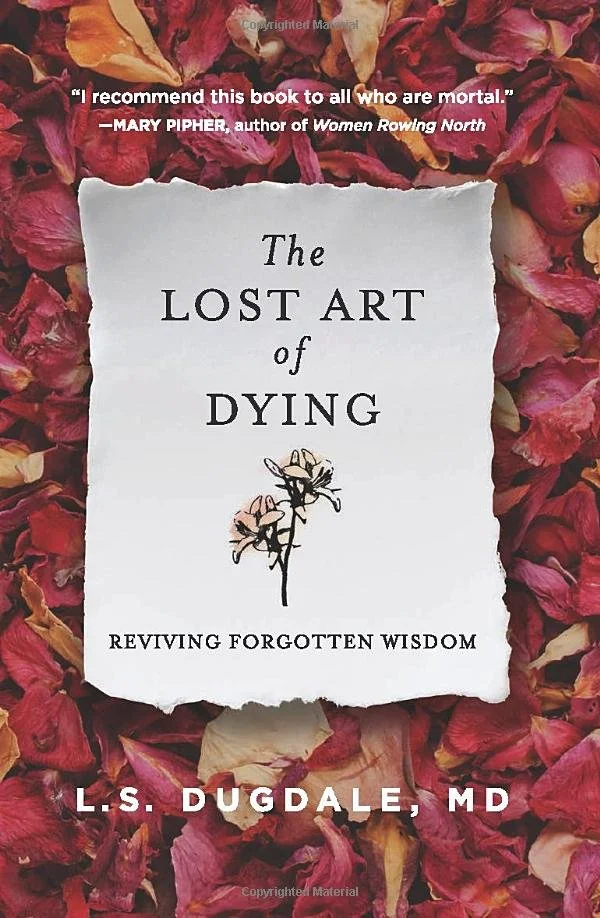
Resources
Humans have expressed ideas about death since cave paintings and stone tablets. In this space we’re offering some more recent musings, podcasts, books, lectures, articles and the like that we find particularly important, thought provoking, or helpful. If you have suggestions, please send them our way! (Please use the handy form below.) New resources will be coming, including organizational links and other on-line sources.
Books
Choose NH Alliance for End of Life Options as your charity on Amazon Smile, and Amazon will donate a portion of your purchase to our organization! Check here to learn how to choose us as your charity!
These are some of our favorites that are excellent for anyone beginning to look at issues around death and dying for themselves and their loved ones. They have as much to tell us about living as about dying. Click on the image to purchase and support the Alliance!
By Lewis Richmond
(Avery, 2012)
With humor, fine story telling, compassion, and insight, Richmond reflects on the aging process, including his own, from his view as a Buddhist teacher.
By Atul Gawande, MD
(Random House, 2014)
“We want autonomy for ourselves and safety for our loved ones.” This insight, among many more in this important book, has helped countless people begin to think about the loss of loved ones as well as their own mortality. Through many stories, Gawande stresses the importance of honest conversations.
By Joan Halifax
(Shambhala, 2008)
Joan Halifax, a leading Buddhist teacher and thinker, has spent years working with dying people, their loved ones, and caregivers. This book offers practical advise, profound insight, and wisdom about the transformative power of the dying process.
Jessica Nutik Zitter, M.D.
(Avery, 2021)
We wish every physician, every terminal patient, and every future terminal patient would read this book. Zitter is an ICU and palliative care physician, a great story teller, and a much needed voice of reason regarding end of life care. She takes the reader inside the ICU, bedside with patients facing grave decisions, family consultations, and the sometimes complicated dynamics within the medical team and within individual physicians, especially herself.
By Edward T. Creagan, MD
(Write on Ink, 2019)
Creagan is a cancer specialist and first board certified palliative care and hospice physician at the Mayo Clinic. He covers emotional and medical aspects of dying, including considerations for advance directives.
Barbara Coombs Lee
(Compassion & Choices, 2019)
“Everyone should receive candid information and medicine’s respectful deference to their beliefs and values,” write Lee, who has spent over half a century in health care and patient advocacy. Her book is intended to empower people to make the best decisions for themselves as illness advances and death approaches.
By Maggie Callanan & Patricia Kelley
(Simon & Schuster, 1992)
Written by hospice nurses who share indelible stories from their years of being at the bedsides of dying people. It’s wonderfully approachable, written with deep compassion and insight.
Amy Bloom
(Random House, 2022)
Bloom’s powerful, poignant, and deeply humane story of her husband’s living with early onset Alzheimer’s – and his choice to end his life. Bloom, a noted novelist, is also a therapist. With sometimes painful honesty, she describes their journey of sorrow, anger, confusion, frustration, joy, beauty, and deep love. Their story begs the question, why should Americans have to travel to Switzerland to take control of their own deaths?.
Katy Butler
Butler’s account of the decline and death of her father is harrowing, instructive, and a call to action. “Before I shepherded my parents through to their deaths, I thought that medical overtreatment was mainly an economic problem,” Butler writes. “After my father's death, I understood the human cost. After my mother's death, I saw that there could be another path.”
Michael Hebb
(Decapo Press, 2018)
“I know that I need to identify and say the things I am afraid of saying,” Hebb writes, and talking honestly about death is one of the most challenging and meaningful things we will do. Hebb’s on-line Death Over Dinner is a one way to navigate such conversations. This book provides a rich supply of stories, prompts, guidance, and encouragement.
By Barbara Ehrenreich
(Hachette Book Group, 2018)
Author Barbara Ehrenreich, the prolific and provocative journalist, asserts that we should stop working so hard to dodge aging and death, allow ourselves to enjoy this gift we call life and think for ourselves, prioritizing enjoyment over peer pressure, fads and propaganda when it comes to medical treatments and so-called anti-aging regimens.
By Elizabeth Kübler-Ross, MD
(Scribner, 1969)
We’ve all heard of Kübler-Ross and the five stages of grief. But how many have read her book? People haven’t changed since she wrote this now-classic. The stories, emotions, and challenges, addressed with her insight and humanity is well worth experiencing.
Mara Buchbinder
(University of California, 2021)
This book, writes NH Options ally Charles Felton, discusses the problems and various practical aspects navigating Vermont’s Patient Choice and Control at End of Life Act. The author is a research anthropologist at the Center for Bioethics at the University of North Carolina. She interviewed patients, caregivers, activists, healthcare providers, and legislators. It’s an important contribution for everyone working on legalizing medical aid in dying – and especially for us next door in New Hampshire. There’s a link to the author discussing her work: Watch here.
By Frank Ostaseski
(Flatiron, 2017)
We wish everyone would read this book, regardless of age, health, or faith. Ostaseski’s stories from his decades at the Zen Hospice Center, and reflections from his own life, are poignant and inspirational. He offers ways to be with uncertainty and live at any time in our lives with joy, peace, and acceptance.
L.S. Dugdale, M.D.
(HarperOne, 2021)
NH Options ally Eric Brungot writes: Author Lydia Dugdale is both an internist and medical ethicist. She is associate professor of medicine and director of the Center for Clinical Medical Ethics at Columbia University. In this book, she explores the ancient Ars Moriendi, which in its day, was a prescription on how to die well. She further writes that dying well requires us to, in turn, live well. But how does one do that? A very enjoyable and enlightening read.
Editors: Judith Schwarz, PhD, RN;Timothy Quill, MD; Paul T. Menzel, PhD; Thaddeus Mason Pope, JD, PhD.
Voluntarily stopping eating and drinking is one of the choices available to people as they face death. It is legal, but not widely known or understood. This new volume by leaders in the right to die movement addresses clinical, ethical, and personal issues.
By Diane Rehm
(Knopf, 2020)
After her husband’s death, Rehm committed herself to the movement for death with dignity. The former NPR radio host interviewed a range of medical professionals, family members, advocates, ethicists, and others on both sides of right to die issues.

